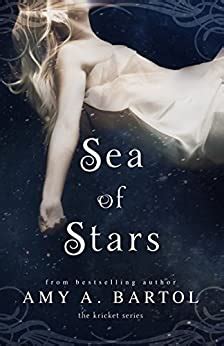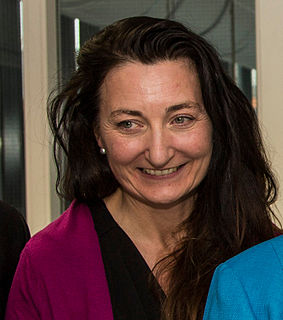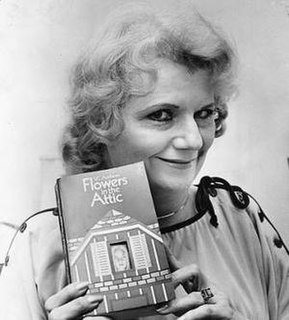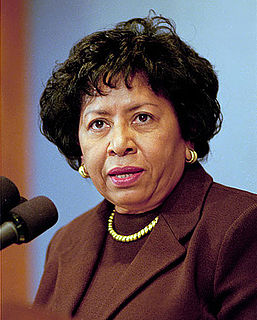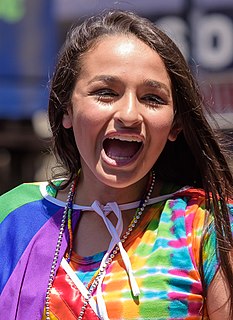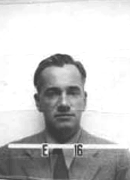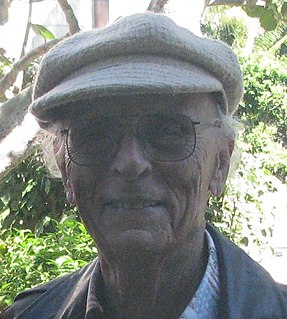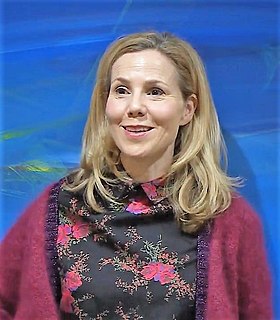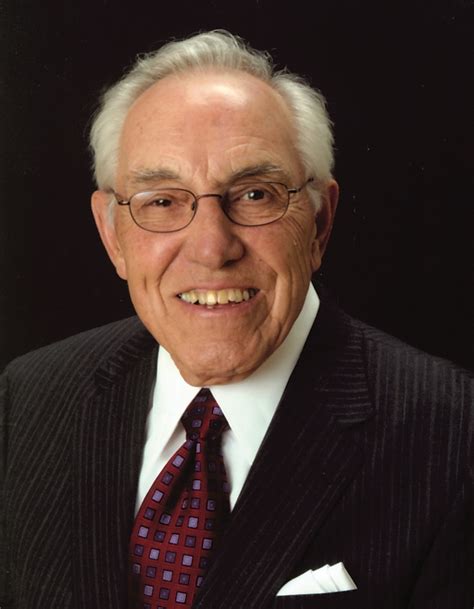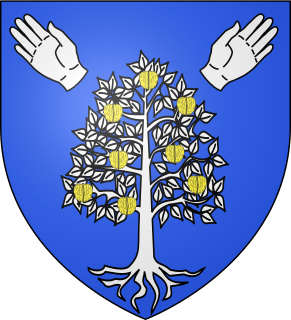A Quote by C. A. Bartol
Children are marvelously and intuitively correct physiognomists. The youngest of them exhibit this trait.
Related Quotes
Scientists have one thing in common with children: curiosity. To be a good scientist you must have kept this trait of childhood, and perhaps it is not easy to retain just one trait. A scientist has to be curious like a child; perhaps one can understand that there are other childish features he hasn't grown out of.
The siblings of special needs children are quite special. Absolutely accepting and totally loving, from birth, someone who is different mentally, and has a different way of seeing the world, is a wonderful trait. It's a trait I wish there was another way of getting, but there isn't. And it does involve a degree of not having it fantastically easy.
I am amused when goody-goodies proclaim, from the safety of their armchairs, that children are naturally prejudice-free, that they only learn to "hate" from listening to bigoted adults. Nonsense. Tolerance is a learned trait, like riding a bike or playing the piano. Those of us who actually live among children, who see them in their natural environment, know the truth: Left to their own devices, children will gang up on and abuse anyone who is even slightly different from the norm.
